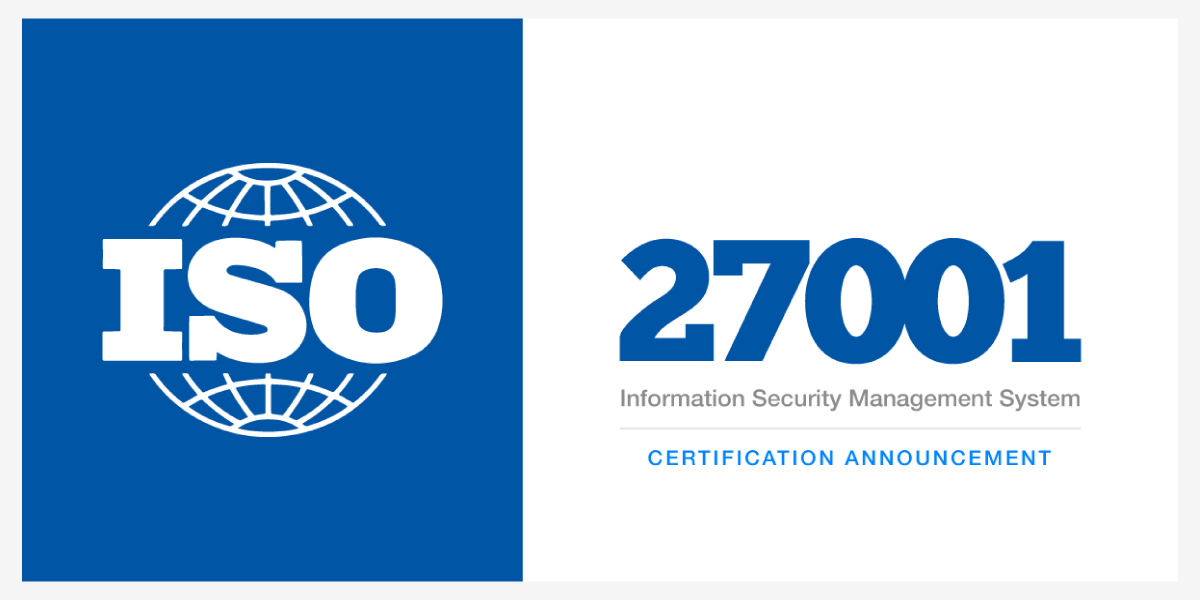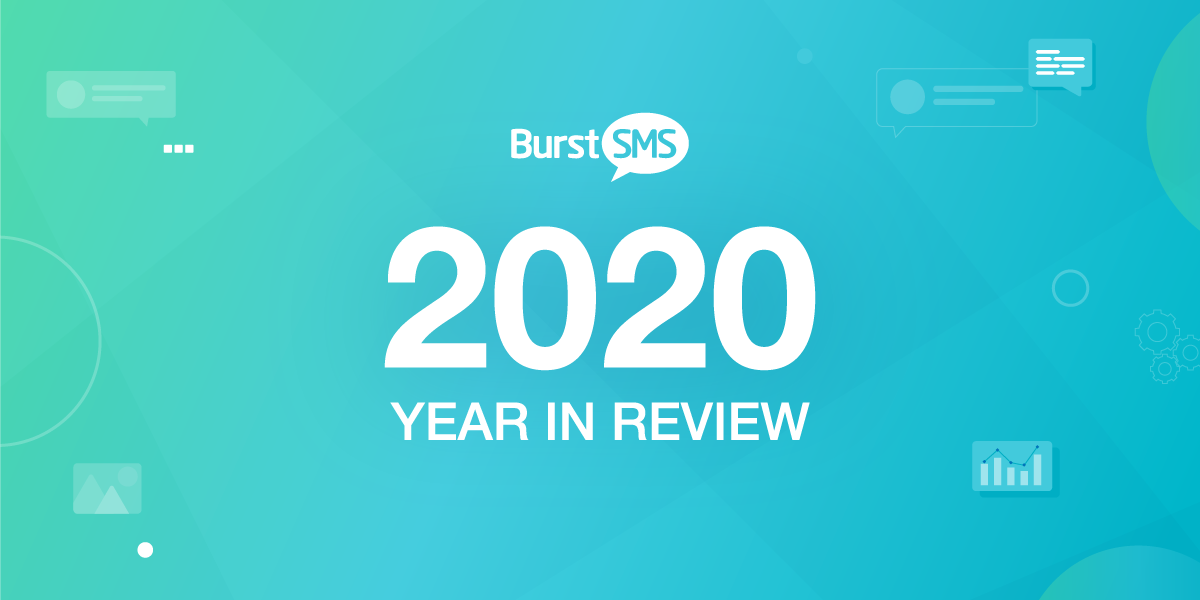Burst SMS is now ISO 27001 certified

Information security is driven into the core of our business and all technical operations. Our customers, ranging from small health care providers to large enterprises exchange all manner of business communications with the customers and clients they have spent their lifetime building relationships with. We take that responsibility seriously. And one way we demonstrate that is through third party information security auditing.
We have broad information security and cybersecurity programs at Burst SMS that ranges from best in class technologies that safe-keep your data to the application of internationally recognised security controls, policies, and procedures.
Our staff are trained and mentored on information security protocols starting with our frontline team members all the way to our founders.
Driving change in the realm of data protection
ISO 27001 certification was the first step in driving change within our industry. Although ISO 27001 is a global standard, becoming Australia’s first messaging company to demonstrate our information security program through independent auditing and certification, means we’re the first in our industry to offer operational transparency when it comes to the security of our most important asset - your data.
It also means we are the only messaging provider in the world to offer both ISO 27001 and Australian data sovereignty - assuring our clients of the safety and whereabouts of their data and simplifying their data compliance requirements.
Information security has always been taken seriously at Burst SMS, and we are proud to announce that we are now certified with ISO 27001. This certification is one of the most widely recognised and internationally accepted information security standards.
What does an ISO 27001 certification mean?
Achieving an ISO 27001 certification requires a business to implement solutions and fail safes for 114 information security controls. All of these practices are then audited by an official representative of the ISO organisation, until 100% of the controls meet their strict security standards.
Security controls include best practices for:
- Physical access control
- Firewall policies
- Staff training
- Procedures for monitoring threats
- Incident management processes
- Encryption
These information security standards increase the safety of our operations, applications, protects the data we collect, and applies safeguards to the technology we use. Through these ISO controls, we are equipped to take the extra step in protecting the confidentiality, integrity, and availability of our information for our customers, end users, and stakeholders.
Message from our Security Officer
— Security Officer at Burst SMS


